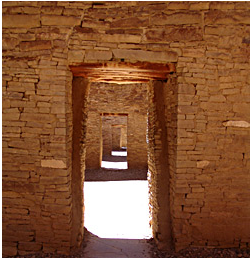Publication Date
4-25-1986
Abstract
For almost one hundred years, anthropological interest in Plains Indian political organization has been focused by the adaptation -- persistence debate. It has been suggested that certain aspects of the plains cultures were adaptations to the exigencies of plains life, but since most of the historic period plains peoples were recent immigrants to the plains, other aspects can be explained by reference to persistent "cultural baggage" brought with them from their former homes. In relation to this paradigm, the Comanche are problematic. They are said to lack several political institutions common to the "typical plains." Several problems, both methodological and factual, are identified in the general plains paradigm, and in the specific Comanche ethnography. An alternative general plains ecological model and developmental trajectory is proposed, and a re-evaluation of the Comanche political system is presented emphasizing the role of intentional manipulation of political relations. Variations in Comanche political organization is correlated with variations in political resources.
Document Type
Dissertation
Language
English
Degree Name
Anthropology
Level of Degree
Doctoral
Department Name
Anthropology
First Committee Member (Chair)
Alfonso Alex Ortiz
Second Committee Member
Harry Wetherald Basehart
Third Committee Member
John L. Kessell
Recommended Citation
Kavanagh, Thomas Whitney. "Political Power and Political Organization Comanche Politics, 1786-1875." (1986). https://digitalrepository.unm.edu/anth_etds/154

